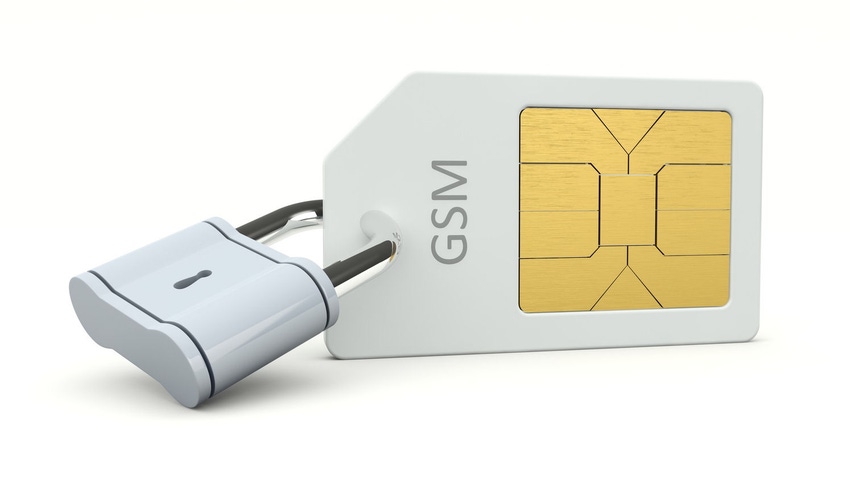AT&T, Verizon and the GSMA are the subjects of a reported probe from the US Department of Justice as to whether the trio have been blocking or hindering the adoption of eSIMs.
April 23, 2018

AT&T, Verizon and the GSMA are the subjects of a reported probe from the US Department of Justice as to whether the trio have been blocking or hindering the adoption of eSIMs.
According to the New York Times, the Department of Justice has opened an antitrust investigation to understand whether the three have been in cahoots to make life difficult for users wanting to switch services to competitors through the eSIM technology, designed to make life fairer for the consumer. Should there be any truth to suspicions of a co-ordinated attack on consumers, there could be some pretty serious consequences.
The DoJ takes these sorts of issues pretty seriously, stating the following on its website: “Consumers have the right to expect the benefits of free and open competition — the best goods and services at the lowest prices. Public and private organizations often rely on a competitive bidding process to achieve that end. The competitive process only works, however, when competitors set prices honestly and independently.”
There have been various examples of the DoJ tackling market collusion in recent years, including an investigation as to whether the four major airline carriers were keeping ticket prices artificially high, with the most stringent of punishments being $100 million. In some circumstances, the fine can be increased to twice the gain or loss involved with the nefarious activity. Although the DoJ will take any collusion accusations seriously, industries where there are a smaller number of providers raise red flags. The telco space is technically a perfect scenario for collusion.
While there has not been a comment from the DoJ, Verizon and AT&T have both downplayed the investigation, brushing off any concerns, while the GSMA has released the following statement.
“This standard contains a wide range of features, including the option for the eSIM to be locked. In the United States, consumers would have this option; however, they would need to explicitly consent to this under specific commercial agreements with their mobile operator, for example when purchasing a subsidised device. The development of the latest version of the specification is on hold pending the completion of an investigation by the United States Department of Justice. The GSMA is cooperating fully with the Department of Justice in this matter.”
Sources close to the matter have said the investigation was launched after one device manufacturer, said to be Apple, and a competitor of Verizon/AT&T filed complaints the development or actioning of the eSIM technology was being hindered by the trio. The complaint states AT&T, Verizon and the GSMA were pushing the development of the standard down a direction which would not be beneficial to the consumer. One of these developments would be to lock devices into a single provider.
eSIM technology would allow consumers to switch providers without having to physically change the SIM in the handset. It is one way in which the industry is trying to remove the unfair and unjust strangle hold telcos have on their customers. Switching providers is a tiresome and unnecessarily prolonged exercise for users as it stands, as providers make it as difficult as possible; some just give up through frustration which is not the sign of a healthy relationship.
AT&T and Verizon are the dominant players in the US mobile space, controlling around 70% of the market share, though the ability to more seamlessly switch providers might erode this position. The last few years have seen T-Mobile US make very positive steps to challenge the status quo, therefore it might make sense Verizon and AT&T would look to influence standards to protect themselves. The big question is whether this alleged influence would directly hurt competition and consumers. Consumers are often an afterthought for telcos, especially those who are at the top of market share rankings, though protecting the consumer would be top of the priority list for the Department of Justice.
Makan Delrahim, who leads the antitrust division at the DoJ, has previously spoken about the “cartel-like behaviour” of the telcos, while the department is also scrutinising the AT&T/Time Warner deal on the grounds of competition. We get the impression the DoJ is searching for evidence of wrong-doing as opposed to performing an independent investigation. It is a slight nuance, but could swing 50/50 calls.
About the Author(s)
You May Also Like








.png?width=300&auto=webp&quality=80&disable=upscale)


_1.jpg?width=300&auto=webp&quality=80&disable=upscale)


.png?width=800&auto=webp&quality=80&disable=upscale)